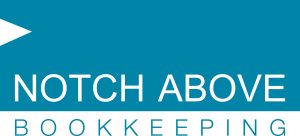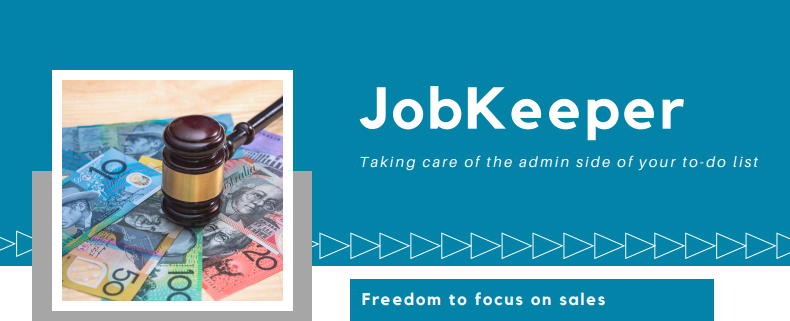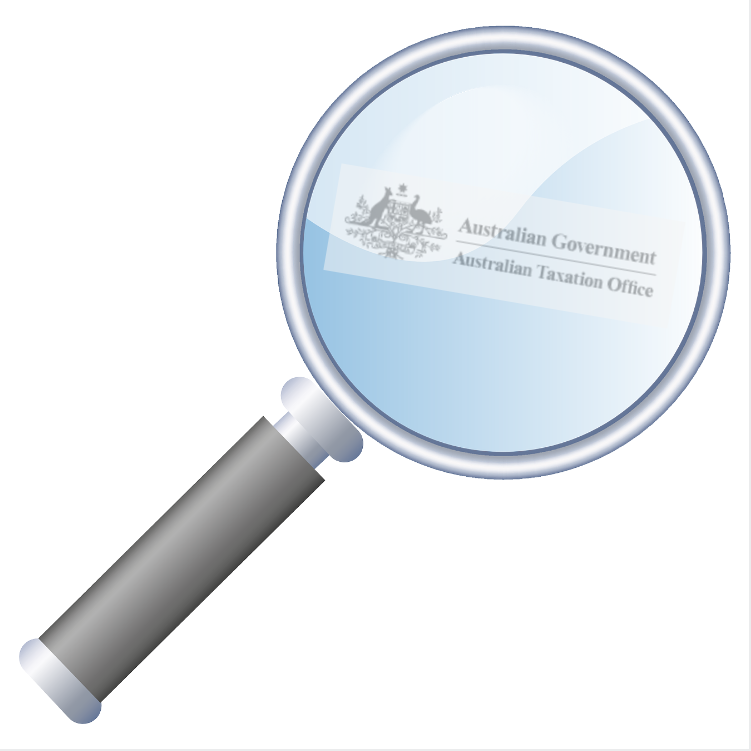Extension of the JobKeeper Payment
The Government is extending the JobKeeper Payment by a further six months to March 2021
Support will be targeted to businesses and not-for-profits that continue to be significantly impacted by the Coronavirus.
The payment rate will be reduced and a lower payment rate will be introduced for those who work fewer hours. Other eligibility rules remain unchanged.
Summary
The JobKeeper Payment, which was originally due to run until 27 September 2020, will now continue to be available to eligible businesses (including the self-employed) and not-for-profits until 28 March 2021.
The payment rate of $1,500 per fortnight for eligible employees and business participants will be reduced to $1,200 per fortnight from 28 September 2020 and to $1,000 per fortnight from 4 January 2021. From 28 September 2020, lower payment rates will apply for employees and business participants that worked fewer than 20 hours per week.
From 28 September 2020, businesses and not-for-profits seeking to claim the JobKeeper Payment will be required to demonstrate that they have suffered an ongoing significant decline in turnover using actual GST turnover (rather than projected GST turnover).
From 28 September 2020, businesses and not-for-profits will be required to reassess their eligibility with reference to their actual GST turnover in the June and September quarters 2020. They will need to demonstrate that they have met the relevant decline in turnover test in both of those quarters to be eligible for the JobKeeper Payment from 28 September 2020 to 3 January 2021.
From 4 January 2021, businesses and not-for-profits will need to further reassess their turnover to be eligible for the JobKeeper Payment. They will need to demonstrate that they have met the relevant decline in turnover test with reference to their actual GST turnover in each of the June, September and December quarters 2020 to remain eligible for the JobKeeper Payment from 4 January 2021 to 28 March 2021.
To be eligible for JobKeeper Payments under the extension, businesses and not-for-profits will still need to demonstrate that they have experienced a decline in turnover of:
- 50 per cent for those with an aggregated turnover of more than $1 billion;
- 30 per cent for those with an aggregated turnover of $1 billion or less; or
- 15 per cent for Australian Charities and Not for profits Commission-registered charities (excluding schools and universities).
If a business or not-for-profit does not meet the additional turnover tests for the extension period, this does not affect their eligibility prior to 28 September 2020.
The JobKeeper Payment will continue to remain open to new recipients, provided they meet the existing eligibility requirements and the additional turnover tests during the extension period.
Other eligibility rules for businesses and not-for-profits and their employees remain unchanged. Further information on those rules is at ato.gov.au/General/JobKeeper-Payment/.
The JobKeeper Payment rate
From 28 September 2020 to 3 January 2021, the JobKeeper Payment rates will be:
- $1,200 per fortnight for all eligible employees who, in the four weeks of pay periods before 1 March 2020, were working in the business or not-for-profit for 20 hours or more a week on average, and for eligible business participants who were actively engaged in the business for 20 hours or more per week on average in the month of February 2020; and
- $750 per fortnight for other eligible employees and business participants.
From 4 January 2021 to 28 March 2021, the JobKeeper Payment rates will be:
- $1,000 per fortnight for all eligible employees who, in the four weeks of pay periods before 1 March 2020, were working in the business or not-for-profit for 20 hours or more a week on average and for business participants who were actively engaged in the business for 20 hours or more per week on average in the month of February 2020; and
- $650 per fortnight for other eligible employees and business participants.
Businesses and not-for-profits will be required to nominate which payment rate they are claiming for each of their eligible employees (or business participants).
The Commissioner of Taxation will have discretion to set out alternative tests where an employee’s or business participant’s hours were not usual during the February 2020 reference period. For example, this will include where the employee was on leave, volunteering during the bushfires, or not employed for all or part of February 2020.
Guidance will be provided by the ATO where the employee was paid in non-weekly or non-fortnightly pay periods and in other circumstances the general rules do not cover.
The JobKeeper Payment will continue to be made by the ATO to employers in arrears. Employers will continue to be required to make payments to employees equal to, or greater than, the amount of the JobKeeper Payment (before tax), based on the payment rate that applies to each employee. This is called the wage condition.
Additional turnover tests
In order to be eligible for the JobKeeper Payment after 27 September 2020, businesses and not-for-profits will have to meet a further decline in turnover test for each of the two periods of extension, as well as meeting the other existing eligibility requirements for the JobKeeper Payment.
In order to be eligible for the first JobKeeper Payment extension period of 28 September 2020 to 3 January 2021, businesses and not-for-profits will need to demonstrate that their actual GST turnover has significantly fallen in the both the June quarter 2020 (April, May and June) and the September quarter 2020 (July, August, September) relative to comparable periods (generally the corresponding quarters in 2019).
In order to be eligible for the second JobKeeper Payment extension period of 4 January 2021 to 28 March 2021, businesses and not-for-profits will again need to demonstrate that their actual GST turnover has significantly fallen in each of the June, September and December 2020 quarters relative to comparable periods (generally the corresponding quarters in 2019).
The Commissioner of Taxation will have discretion to set out alternative tests that would establish eligibility in specific circumstances where it is not appropriate to compare actual turnover in a quarter in 2020 with actual turnover in a quarter in 2019, in line with the Commissioner’s existing discretion. Information about the existing discretion is at https://www.ato.gov.au/General/JobKeeper-Payment/Employers/.
Businesses and not-for-profits will generally be able to assess eligibility based on details reported in the Business Activity Statement (BAS). Alternative arrangements will be put in place for businesses and not-for-profits that are not required to lodge a BAS (for example, if the entity is a member of a GST group).
As the deadline to lodge a BAS for the September quarter or month is in late October, and the December quarter (or month) BAS deadline is in late January for monthly lodgers or late February for quarterly lodgers, businesses and not-for-profits will need to assess their eligibility for JobKeeper in advance of the BAS deadline in order to meet the wage condition (which requires them to pay their eligible employees in advance of receiving the JobKeeper payment in arrears from the ATO). The Commissioner of Taxation will have discretion to extend the time an entity has to pay employees in order to meet the wage condition, so that entities have time to first confirm their eligibility for the JobKeeper Payment.
To be eligible for JobKeeper Payments under the extension, businesses and not-for-profits will need to demonstrate that they have experienced the following decline in turnover (which remains the same as existing rules):
- 50 per cent for those with an aggregated turnover of more than $1 billion;
- 30 per cent for those with an aggregated turnover of $1 billion or less; or
- 15 per cent for Australian Charities and Not-for-profits Commission-registered charities (excluding schools and universities).
Registered religious institutions responsible for religious practitioners will continue to be eligible to receive the JobKeeper Payment provided they meet existing eligibility requirements and the additional turnover tests during the extension period.
Further information for employers is at https://www.ato.gov.au/General/JobKeeper-Payment/Employers/ or call the team at Notch Above Bookkeeping on 1300 015 130.

 2020 Notch Above Bookkeeping
2020 Notch Above Bookkeeping

